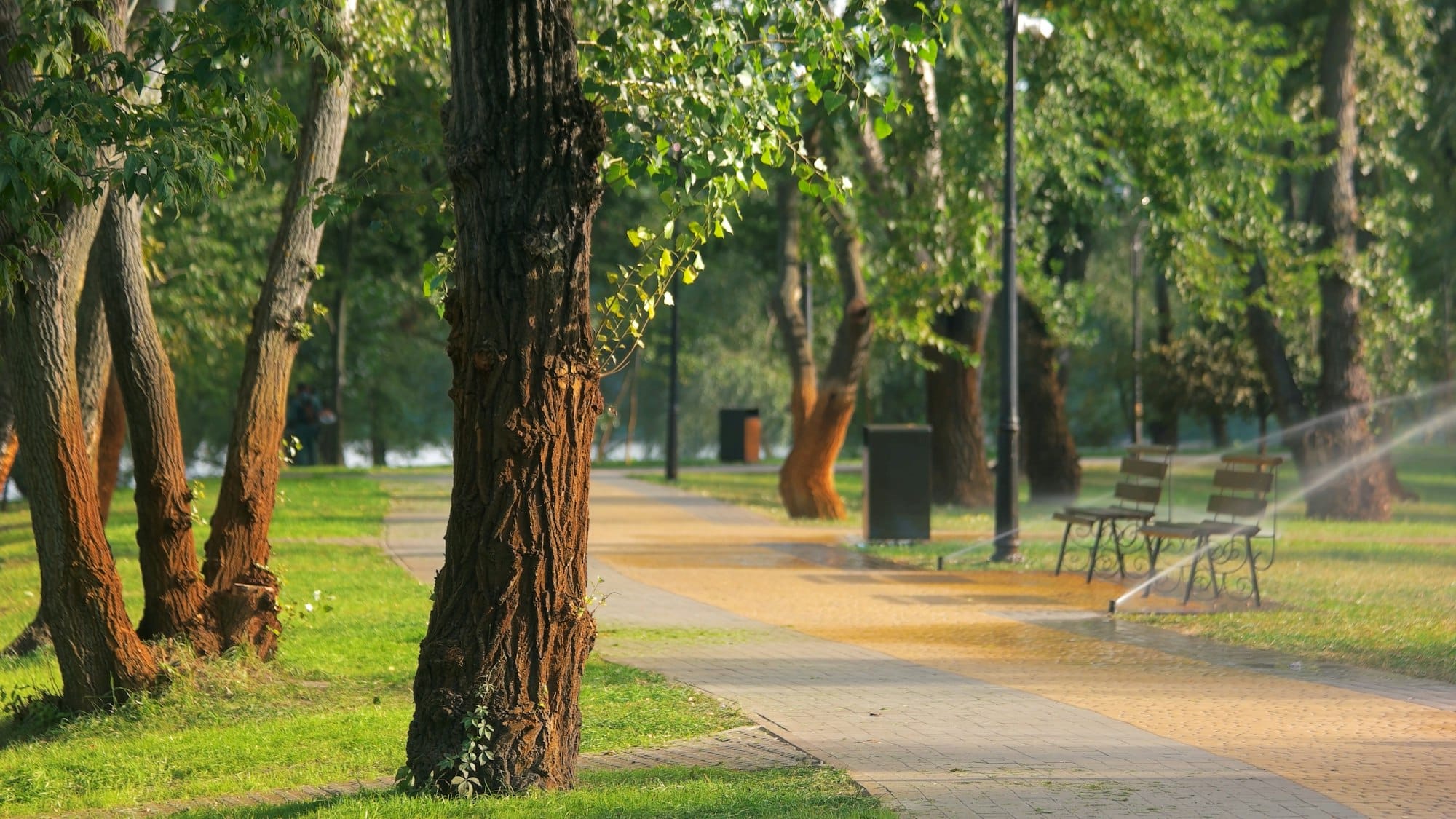In the realm of sustainable resource management, water has become a paramount concern. The escalating demand for potable water across a myriad of sectors, including agriculture and real estate, has prompted the need for innovative solutions. One such solution that is taking hold in the UK real estate sector is the implementation of smart irrigation systems. These systems, powered by the Internet of Things (IoT), leverage data to optimise the use of water, ensuring that not a drop goes to waste. This article will delve into the intricacies of these systems, discussing the technology behind them, their potential benefits, and a case study of successful implementation.
The Technology Behind Smart Irrigation Systems
The technology underpinning smart irrigation systems is a perfect blend of IoT, data analytics and weather forecasting. At its core, these systems utilise sensors embedded in the soil to collect essential data about the soil’s moisture content and the surrounding environmental conditions. The system’s IoT component allows it to communicate this data in real-time to a centralised management system, enabling timely decision-making.
A découvrir également : How Does the UK’s Changing Demographics Affect Senior Living Real Estate Investments?
An essential part of these systems is the advanced moisture sensors. These sensors can accurately determine the water content in the soil, providing crucial information about the soil’s irrigation needs. This data is then paired with weather monitoring technology, which can predict rainfall and temperature trends, thereby assessing the potential water supply from natural sources.
The smart irrigation system uses all this data to determine the optimal time and duration for irrigation, eliminating unnecessary watering while ensuring the plants receive the water they need. This technology helps in minimising water wastage, making it a powerful tool for sustainable resource management.
A découvrir également : What Are the Best Strategies for Sustainable Rain Garden Design in Urban Developments?
The Potential Benefits of Smart Irrigation Systems
The potential benefits of implementing smart irrigation systems in the UK real estate sector are manifold, primarily centred around water conservation and cost-effectiveness.
When it comes to water conservation, these systems excel by only providing the exact amount of water needed for the plants, effectively eliminating overwatering. Furthermore, by combining soil moisture data with weather forecasts, these systems can utilise rainwater more efficiently, reducing the dependency on manually supplied water.
Cost-effectiveness is another distinct advantage. By optimising water usage, smart irrigation systems can significantly reduce water bills. Additionally, by automating irrigation scheduling based on real-time data, these systems save time and labour that would otherwise be spent on manual watering.
The potential benefits also extend to improving the health and productivity of plants. By accurately providing the necessary water at the right time, plants receive optimal care, leading to healthier, more robust crops. In turn, this can increase the aesthetic value of a property, making it more appealing to potential buyers or tenants.
A Case Study of Smart Irrigation Implementation
To understand the practical application and benefits of smart irrigation systems, let’s examine a case study from the UK real estate sector. In this case, a large residential complex in London implemented a smart irrigation system across its expansive lawns and gardens.
The complex’s management installed soil moisture sensors at various locations throughout the property. These sensors collected real-time data about the soil’s moisture content, which was then sent to a centralised management system. The system also incorporated weather forecasting data, predicting rainfall and temperature trends for the area.
Based on the soil moisture data and weather forecasts, the system determined the optimal time and duration for watering the lawns and gardens. This approach resulted in a significant reduction in water usage compared to the previous manual watering system. The management reported lower water bills and improved plant health, showcasing the system’s efficiency and effectiveness.
How to Implement Smart Irrigation Systems in Your Property?
It’s clear that smart irrigation systems have a lot to offer in terms of water conservation and cost-effectiveness. But how can you implement one in your property?
The first step is to engage a reputable company that specializes in smart irrigation systems. They will assess your property’s watering needs and select appropriate locations for installing the soil moisture sensors.
Next, the company will install the sensors and connect them to a centralised management system. This system will collect data from the sensors, analyse it, and determine the optimal watering schedule.
Regular maintenance is also crucial to ensure the system’s long-term performance. This involves checking the sensors to ensure they’re working correctly and keeping the system updated with the latest software.
By taking these steps, you can successfully implement a smart irrigation system in your property, reaping the benefits of water conservation and cost-efficiency while contributing to a more sustainable future.
Ensuring Water Quality and Conservation through Smart Irrigation
Maintaining water quality is integral to the effective use of smart irrigation systems. These systems not only conserve water but also ensure that the water being used is of optimal quality for plant growth.
The soil moisture sensors used in smart irrigation systems can also monitor the salinity of the water, which can affect plant health. If the water contains high levels of salts, the sensors can alert the system, prompting it to adjust the water supply or mix in fresh water to maintain the required salinity level.
Another feature of these systems is the ability to detect leaks or inefficiencies in the irrigation system. Real-time data analysis can identify unusual water usage patterns, potentially signalling a leak or a blockage in the system. Quick detection and repair of such issues further contribute to water conservation and reduced maintenance costs.
In addition to these benefits, smart irrigation contributes to broader environmental sustainability. It reduces the amount of water drawn from natural resources, alleviating pressure on these vital ecosystems. Moreover, by minimising runoff and evaporation, it prevents soil erosion and the loss of valuable nutrients, thereby promoting healthier soil and plant life.
Conclusion – Embracing Smart Irrigation for Sustainable Real Estate
The case for the adoption of smart irrigation systems in UK real estate is compelling. As the demand for water continues to grow, these systems offer a proactive solution that optimises water usage, ensuring that each drop is used efficiently and responsibly.
From the technological perspective, the use of IoT, data analytics and weather forecasting provides a robust and flexible framework that can adapt to changing environmental conditions and watering requirements. This makes smart irrigation systems a future-ready solution, capable of meeting the evolving needs of sustainable water management.
More than just a tool for water conservation, smart irrigation systems also deliver tangible benefits in terms of cost savings, property value enhancement, and environmental sustainability. By maintaining optimal water quality and preventing wastage through leaks or inefficiencies, these systems offer a comprehensive approach to irrigation management that goes beyond conventional methods.
Ultimately, the implementation of smart irrigation systems represents a shift towards more sustainable and intelligent resource management in the real estate sector. It underscores the role of technology in addressing global challenges such as water scarcity and climate change. As stakeholders in the real estate sector, it’s crucial for us to embrace these systems and contribute to a more sustainable and water-efficient future.











